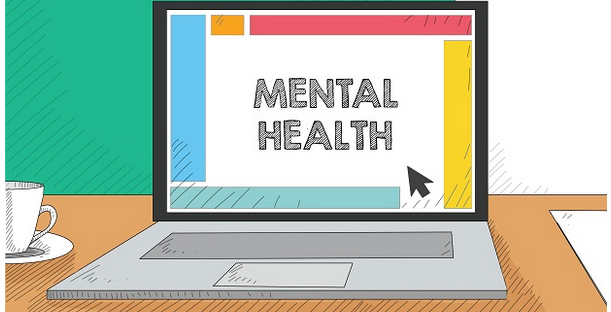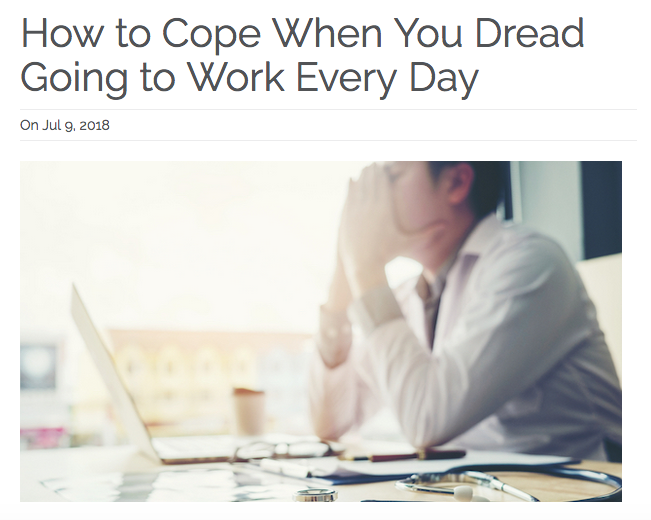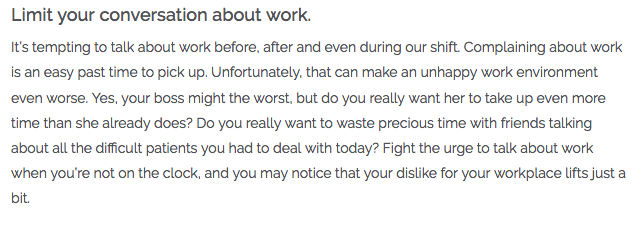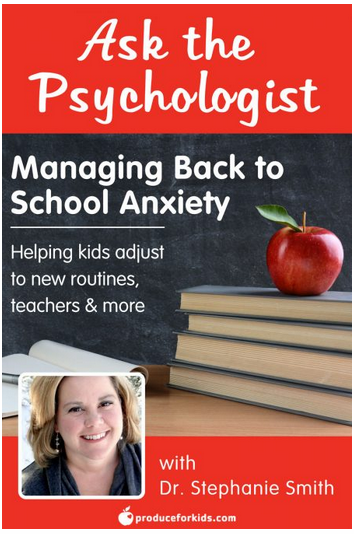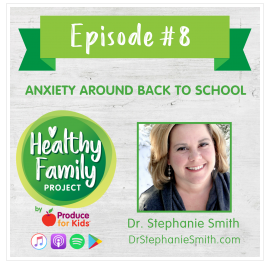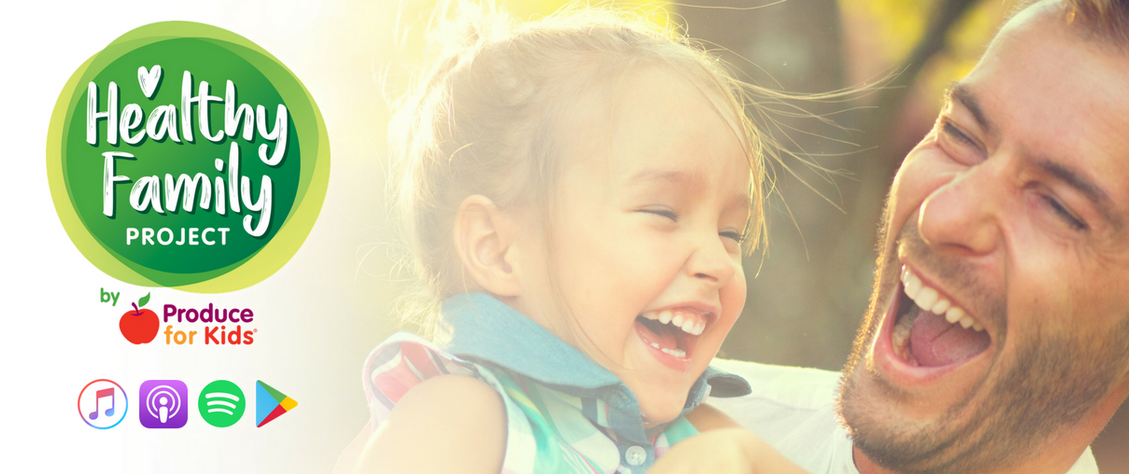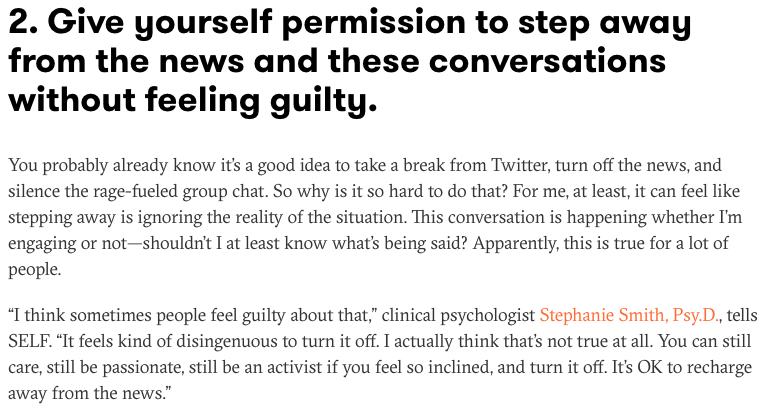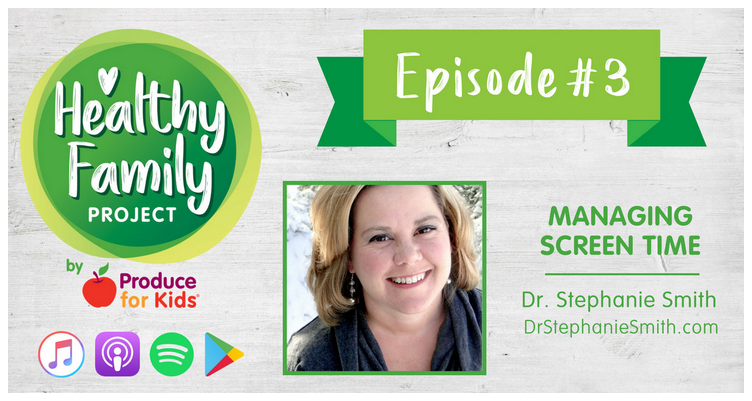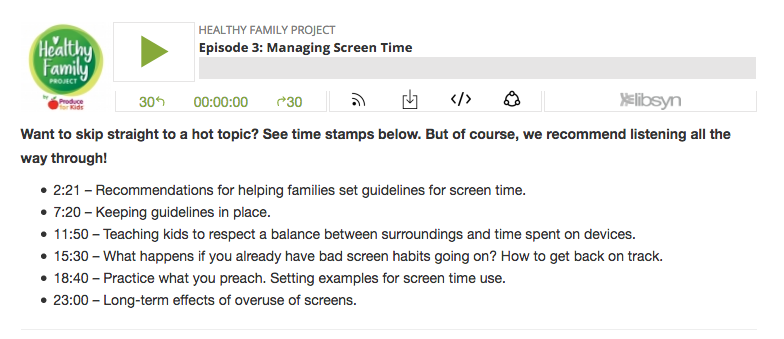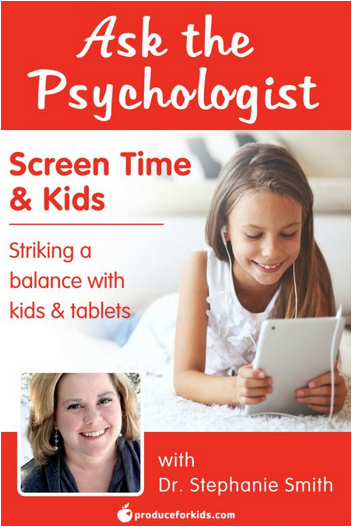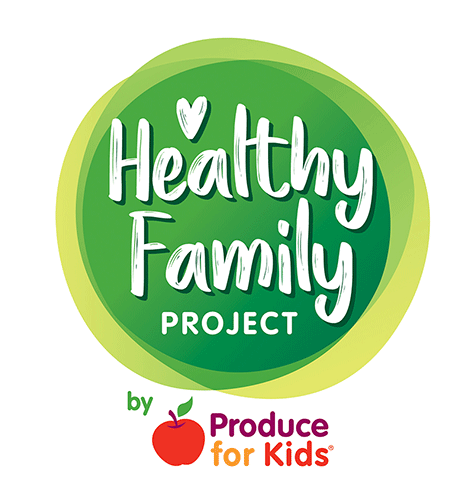In my last post I wrote about how to determine if you (or someone else) is using alcohol in a problematic way. In this post, I would like to talk about options for treatment. Because there are a lot.
We all know about AA, and 30 day residential programs, but there are so many more options available as well. In a recent article over at Health eCareers, I outline several of the most common treatment options, including: detox, inpatient, intensive outpatient and medically-assisted treatment. I also talk about individual psychotherapy, which is often an important part of a treatment plan:
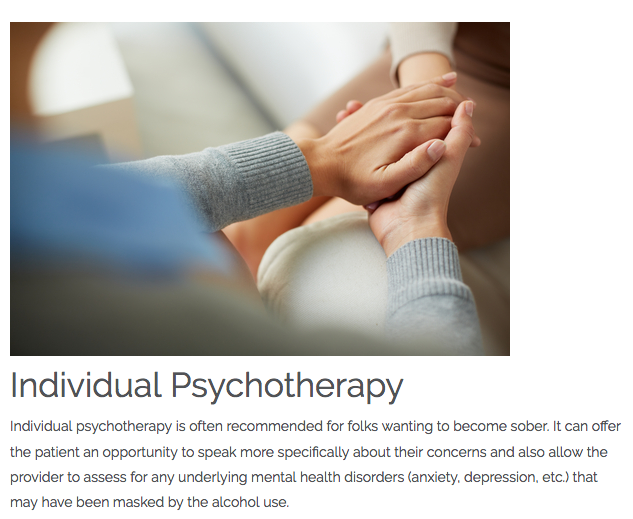
For more information, check out the entire article at:
https://www.healthecareers.com/article/career/help-for-patients-struggling-with-alcohol-addiction
In my practice, I often work with folks struggling with addiction. If you would like to talk more about how individual psychotherapy can help with sobriety, please give me a call at 303-828-3080.
